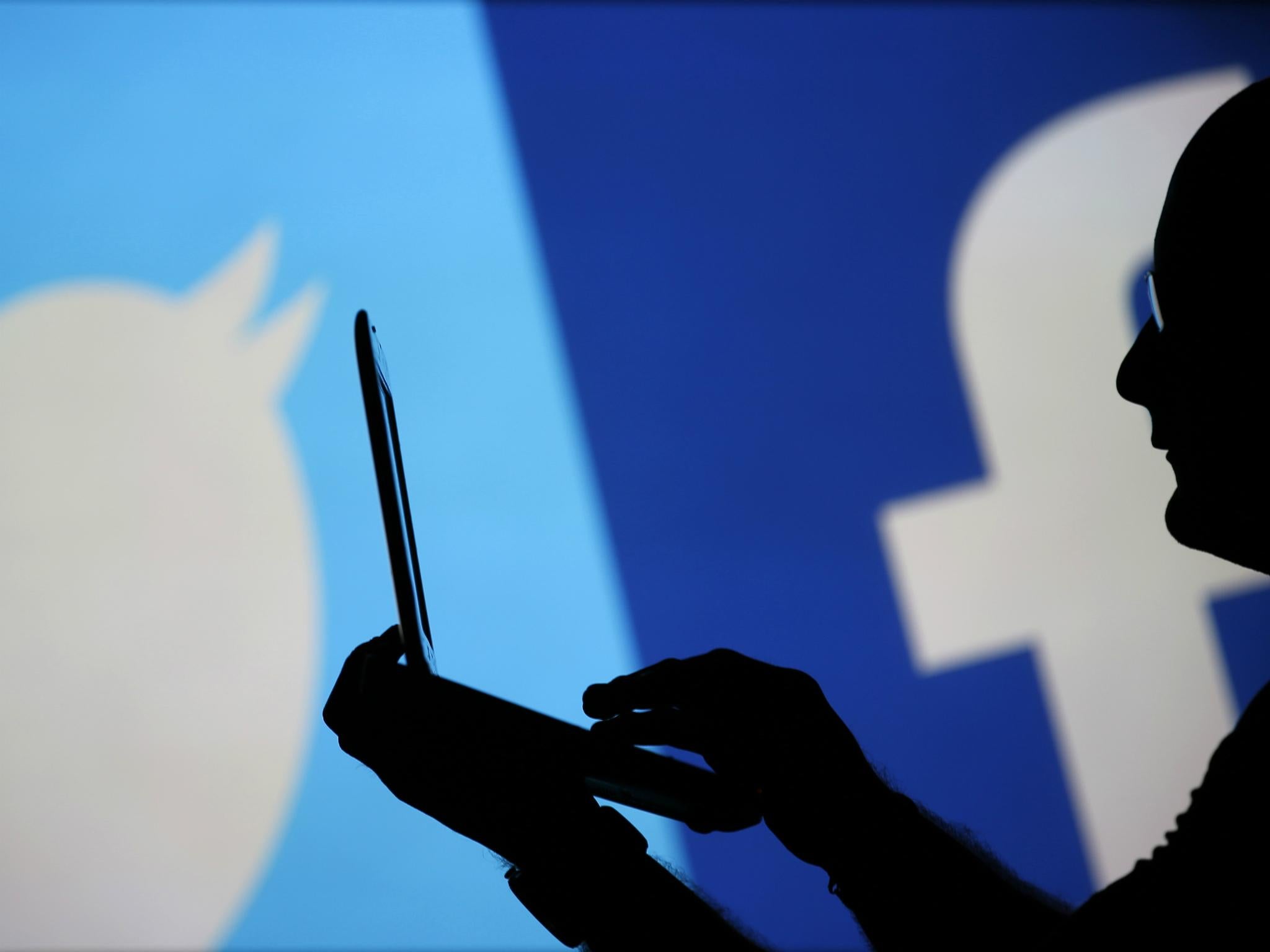Five things to look out for in the global economy this week
Watch for the response of the US tech giants, Facebook, Google and Twitter, to the European Commission ruling that they should clamp down on social media scams


Your support helps us to tell the story
From reproductive rights to climate change to Big Tech, The Independent is on the ground when the story is developing. Whether it's investigating the financials of Elon Musk's pro-Trump PAC or producing our latest documentary, 'The A Word', which shines a light on the American women fighting for reproductive rights, we know how important it is to parse out the facts from the messaging.
At such a critical moment in US history, we need reporters on the ground. Your donation allows us to keep sending journalists to speak to both sides of the story.
The Independent is trusted by Americans across the entire political spectrum. And unlike many other quality news outlets, we choose not to lock Americans out of our reporting and analysis with paywalls. We believe quality journalism should be available to everyone, paid for by those who can afford it.
Your support makes all the difference.After a tumultuous week, with the Dutch elections and US interest rate increase both well-received by the markets – with the FT100 hitting a new intra-day high on Friday – but as yet no triggering of Brexit, I expect things to be quieter this week.
The first thing I shall be looking at is whether equity markets can sustain their strong run. A number of advisers, including Goldman Sachs, have urged their clients to increase their weighting in equities. Yet on a long view shares are already overvalued. The Nobel prize-winning Yale economist Robert Shiller said last week that shares were “way overpriced”. He thinks a herd mentality has developed, with everyone piling because they fear they will be left behind.
He created an index to value shares, called the cyclically-adjusted price to earnings ratio, which looks at share prices relative to company profits, adjusted for the economic cycle. Yes, there is still an economic cycle, and after seven years of economic growth you might think that the US is close to the top of one of its peaks. That should be a warning signal, but for the time being the markets will have none of it. I suppose the question is whether the Trump administration can indeed bring in policies that will prolong the growth phase. My worry would be that if they can and do, that would lead to a more serious downturn as and when it came. Anyway, it is a big issue, which is why the markets, having digested the rise in US rates, are particularly interesting.
That leads to a reopening of the little matter of UK interest rates. Kristin Forbes, a US academic on the monetary policy committee, was the lone vote for an increase at the last meeting. Our economic cycle is closely aligned with the US one, much more closely than that of the eurozone, and had not been for the Brexit vote I’m pretty sure we would have had an increase from the Bank of England by now. On Tuesday it looks as though the consumer price index for February will go above two per cent (it was 1.8 per cent last time), the mid-point of the target range. If it does, expect more talk about the first rise in UK rates coming before the end of the year.
Also on Tuesday will be the Government’s borrowing figures for February. So there is just one month to go before the end of the financial year. If the somewhat better run of numbers continues, not only does the figure for 2016-17 turn out better, but the prospect for 2017– 2018 does too. It is at least plausible that the controversial NIC increase for the self-employed will be “funded” by stronger tax receipts in general. Egg is still on the Chancellor’s visage, but the maths may be coming his way. There is other economic data during the week, including retail sales and the CBI industrial trends survey (always worth watching), but my instinct is that the borrowing numbers will be the ones that matter most.
Finally, watch for the response of the US tech giants, Facebook, Google and Twitter, to the European Commission ruling that they should clamp down on social media scams. They have been given one month to comply or face legal action. What is interesting here is that we are gradually establishing a legal response to perceived abuse, and that the “publisher” should be responsible for what people do on its platform. So Facebook is not a post office, which is not responsible for delivering a sealed letter that has hate mail in it. But nor is it a TV station that is responsible for what people say on air. The new legal status will take a while to establish but clearly the present situation will not last.
Join our commenting forum
Join thought-provoking conversations, follow other Independent readers and see their replies
Comments